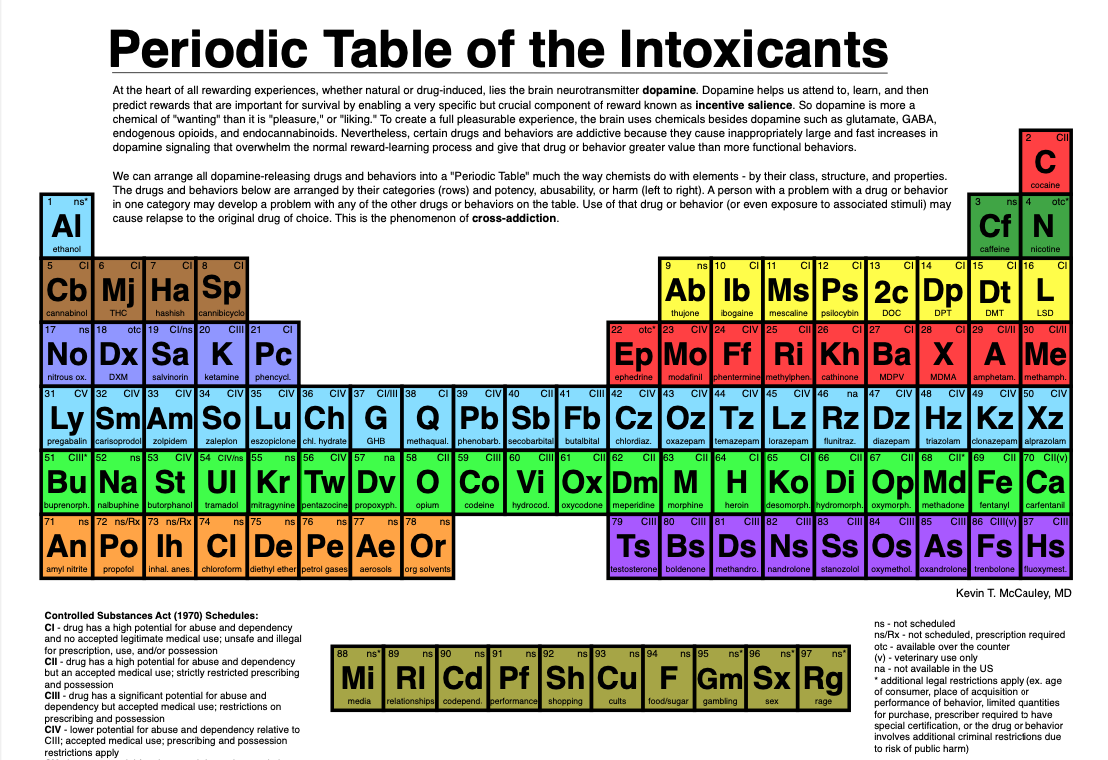Understanding Addiction:
A Brain-Based Approach to Healing
💡 Addiction is not a failure of willpower—it’s a complex, chronic condition rooted in the brain’s reward system. But with the right support, recovery is possible.
At Naples Integrated Recovery LLC, we take a neurobiological and medical-model approach to addiction treatment. Why? Because understanding the science of addiction reduces shame and stigma, helping individuals break free from the belief that they are simply “weak” or “lacking discipline.”
Addiction is not just about substances—it’s about how the brain responds to stress, trauma, and coping mechanisms. If you’ve ever wondered “Why can’t I just stop?” or “Why does my brain crave this?”—you’re not alone. The answer lies in your brain’s wiring, not a lack of self-control.
What Is Addiction?
Addiction is a chronic medical condition that affects the mesolimbic dopamine reward pathway—the part of the brain responsible for motivation, pleasure, and survival behaviors.
🔹 It starts with vulnerability – Some people have a genetic predisposition to seek out experiences that boost dopamine, but genes alone don’t cause addiction.
🔹 It’s shaped by experiences – Trauma, childhood stress, mental health conditions, and social pressures all contribute to addiction’s development.
🔹 It rewires the brain – Over time, repeated substance use or compulsive behaviors alter brain chemistry, making it harder to stop without external support.
💡 Addiction is not about a lack of willpower—it’s about the brain’s adaptation to repeated exposure to substances or behaviors that artificially stimulate pleasure and relief.
Why Does Addiction Happen?
The brain naturally seeks balance (homeostasis), but chronic exposure to addictive substances or behaviors disrupts this balance. Here’s how:
✔ Dopamine Desensitization – The brain’s reward system gets overwhelmed, leading to tolerance (needing more to feel the same effect).
✔ Craving & Impulsivity – Triggers in the environment (people, places, stress) activate automatic cravings, often before conscious thought.
✔ Emotional Regulation Challenges – Many people use substances or behaviors (food, sex, gambling, work) as a way to escape pain, stress, or mental health struggles.
This is why simply “deciding to quit” often isn’t enough—the brain has been rewired, and effective treatment must address both biology and behavior.
The Science of Addiction: What You Need to Know
The American Society of Addiction Medicine (ASAM) defines addiction as a disease of brain reward, motivation, and memory circuits, characterized by:
🔹 Inability to consistently abstain
🔹 Loss of control over behavior
🔹 Cravings and compulsions
🔹 Diminished awareness or concern of consequences
🔹 Emotional dysregulation
Dr. Kevin McCauley further explains addiction in three key statements:
1️⃣ Addiction is a disorder of pleasure – The brain’s reward system becomes hijacked, making substances or behaviors feel like a survival need.
2️⃣ Addiction is a disease of choice – Decision-making and impulse control become impaired, making it hard to stop even when someone wants to.
3️⃣ Addiction is caused by stress – Trauma, PTSD, ADHD, anxiety, depression, and chronic stress all increase the risk of addiction.
Understanding these factors helps remove the guilt and shame often associated with addiction. This is not just about “bad choices”—this is about how the brain adapts to repeated stressors and reinforcement patterns.
Addiction & Mental Health: The Self-Medication Cycle
Many individuals struggling with addiction are trying to manage underlying mental health challenges—often without realizing it. Substances and behaviors may provide temporary relief from:
✔ Anxiety & Social Insecurity – Alcohol, marijuana, or other substances may help quiet racing thoughts or reduce social discomfort—until dependence develops.
✔ Depression & Emotional Numbness – Stimulants, opioids, or compulsive behaviors may serve as a way to “feel something” or escape emotional pain.
✔ Trauma & PTSD – The nervous system may be stuck in fight, flight, or freeze mode, leading to substance use as an attempt to self-regulate.
✔ Sleep Problems & Stress Overload – Many people turn to substances to relax or sleep—only to find that dependence worsens their overall well-being.
Without addressing these root causes, recovery can feel like an endless battle against cravings and triggers. That’s why our approach at Naples Integrated Recovery LLC focuses on treating the whole person, not just the addiction.
Our Approach: Healing the Brain & Rebuilding Life
Every person’s journey with addiction is unique, and effective treatment must be personalized. When we work together, we’ll create a comprehensive plan that addresses:
✔ Biological Factors – Understanding how addiction has impacted your brain and nervous system.
✔ Psychological & Emotional Triggers – Identifying the thought patterns and emotional wounds that fuel addictive behaviors.
✔ Behavioral Strategies for Change – Using evidence-based therapies like CBT, DBT, EMDR, and Motivational Interviewing to rewire automatic responses.
✔ Social & Environmental Influences – Strengthening support systems and reducing exposure to high-risk situations.
✔ Purpose & Meaning in Recovery – Shifting from simply avoiding substances to actively creating a life that feels fulfilling and worthwhile.
💡 Recovery isn’t just about quitting—it’s about building a life that makes addiction unnecessary.
Addiction can take many forms!
It is not uncommon for people to have non-chemical addictions including co-dependent relationships, Excessive “Retail Therapy”, or social media addiction.
check the below “Periodic Table of Intoxicants” and see if any of them jump out for you.
You’re Not Alone. There Is a Path Forward.
If you’re struggling with addiction, you are not broken. Your brain has simply adapted to cope with life in the only way it knew how—but new pathways can be built, and true healing is possible.
💡 Ready to take the first step? Let’s build a recovery plan that works for you.



